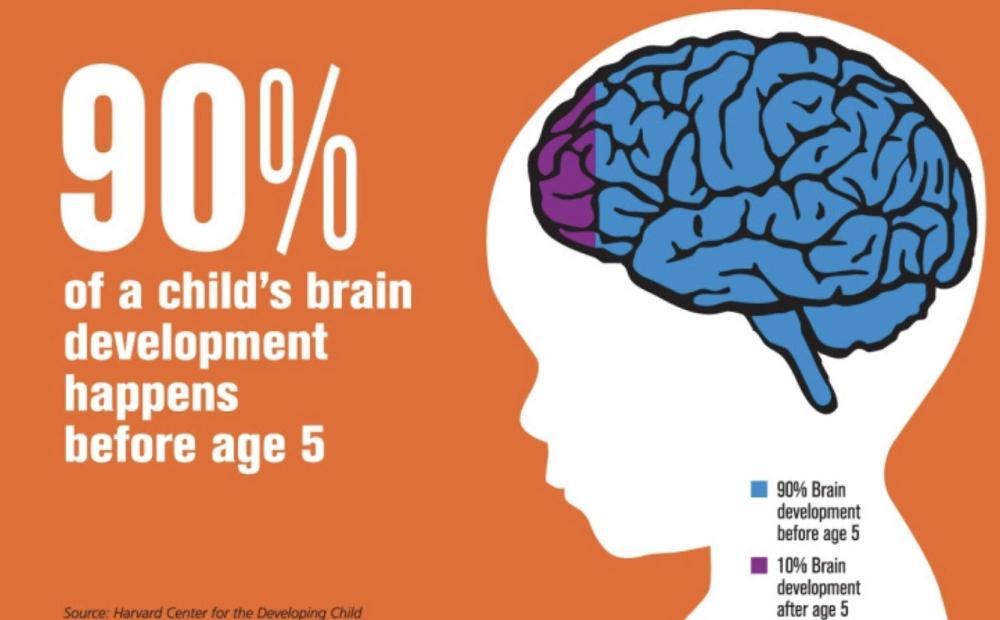Africa-Press – Sierra-Leone. Long neglected by science, “middle childhood” between the age of six and 12 years old is a transformative period preparing children for growing up, BBC reports. Here’s what’s going on in their heads during this turbulent time plus how to navigate it.
The word Wackelzahnpubertät – literally “wobbly-tooth puberty” – describes how six-year-olds start to show the bad moods characteristic of adolescence. “Aggressive behaviour, rebellious activism, and deep sadness are typical of the wobbly-tooth puberty,” is how the German magazine Wunderkind puts it.
Unlike the real deal, wobbly-tooth puberty is not driven by hormonal changes. Instead, it coincides with the start of “middle childhood” – a period of profound psychological change in which the brain lays the foundations for more mature thoughts and feelings.
“It is a really key stage in which a child is constructing their identity, and they’re trying to figure out who they are in relation to other people,” says Evelyn Antony, a doctoral student in psychology at Durham University in the UK. “And their emotional world is expanding as well.”
Whereas infancy and adolescence are now well-understood, middle childhood – which spans ages six to 12 – has been sorely neglected in scientific research. Some psychologists go as far as to describe it as our “forgotten years”. “A lot of the research focuses on the early years, when babies are talking and walking, and then in adolescence when you have a bit more of rebellion,” says Antony. “But there’s less known about middle childhood.”
That is now changing, with new research identifying the core characteristics of children’s mental metamorphosis. The transformation includes a greater capacity to reflect on their feelings and modify them when needed, along with an “advanced theory of mind” that allows them to think more sophisticatedly about others’ behaviours and respond appropriately. They also begin master the basics of rational enquiry and logical deduction, so that they can take more responsibility for their actions – which is why, in France, it is also known as l’âge de raison.
As the concept of wobbly-tooth puberty illustrates, the onset of middle childhood may be accompanied by some growing pains, but a deeper understanding of the neurological and psychological changes involved is offering new insights on the best ways to support a child throughout the journey.
For More News And Analysis About Sierra-Leone Follow Africa-Press






